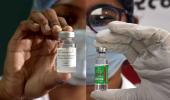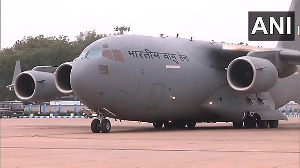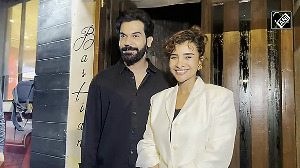Initial data has shown immunity triggered by the two mRNA vaccines -- Pfizer-BioNTech and Moderna -- lasts for at least six months, reports Sohini Das.
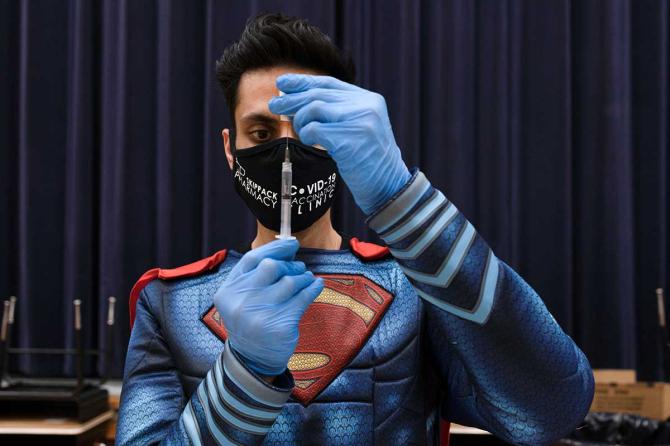
After Pfizer Chief Executive Officer Albert Bourla said a third booster shot is 'likely' within a year of COVID-19 vaccination, Indian experts in the field of virology felt that it was too early to say whether or when a booster dose was needed.
dR Jacob John, former head (Centre for Advanced Research in Virology), Indian Council for Medical Research, said, "It is too early to say whether we will need booster shots every year. But what we can predict now is that the virus will become endemic or it will stay with us."
"This means we may need to vaccinate people even in the future. But we cannot say at what intervals one would need a booster dose," Dr John added.
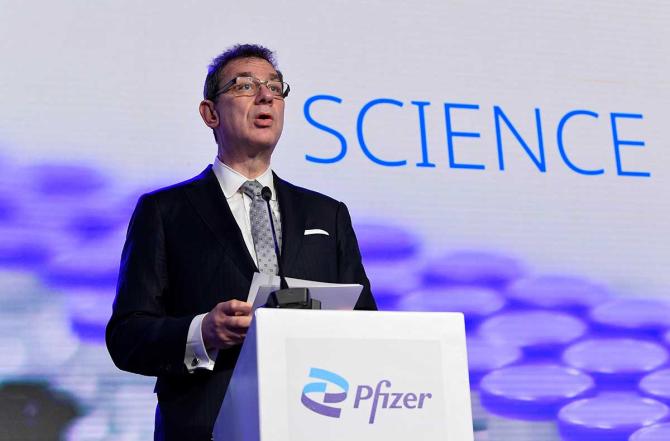
Scientists felt more in-depth analysis of data post vaccination held the key to understanding whether we needed a booster dose, and if so at what interval.
Dr Shahid Jameel, senior virologist and director, Ashoka University, said not all variant viruses need period booster doses; hepatitis is an example.
One would need to do extensive studies after the vaccination to understand what kind of immunity the vaccine triggers and how long does it last.
"I do not see this happening in India at the moment," Dr Jameel said.
According to Dr Jameel, booster doses mean business for pharma firms.
"Independent studies need to prove whether this is really needed. I would not go by what a vaccine maker is saying. Research must be the base for policy making and it should not be the other way round that first make policy and then gather data to support it," he quipped.
The Pfizer CEO has said it is 'likely' that people will need a third coronavirus vaccine dose within a year.
Annual revaccinations, too, are a possibility.
Bourla said a third booster dose might be needed somewhere between 6 and 12 months of finishing the first vaccination course (two doses), and did not rule out the possibilities of annual vaccinations against coronavirus.
Initial data has shown immunity triggered by the two mRNA vaccines -- Pfizer-BioNTech and Moderna -- lasts for at least six months.
David Kessler, chief science officer on US President Joe Biden's COVID-19 response taskforce, has indicated that the US is preparing for the possibility that a booster shot will be needed between 9 and 12 months after initial vaccination.
Vector-based vaccines have a challenge in booster dose Vaccines that use a viral vector (like AstraZeneca uses a chimpanzee adenovirus or flu virus vector) have a limitation when it comes to booster doses.
Dr John said vector-based vaccines have two immune responses by the body -- one is against the vector itself which is irrelevant, while the other is against the spike protein of the coronavirus which is the relevant immunity.
When the booster dose based on the same viral vector is given to someone, the body would neutralise the vector quickly (as it has developed an immunity against it), and the vaccine will not be as effective.
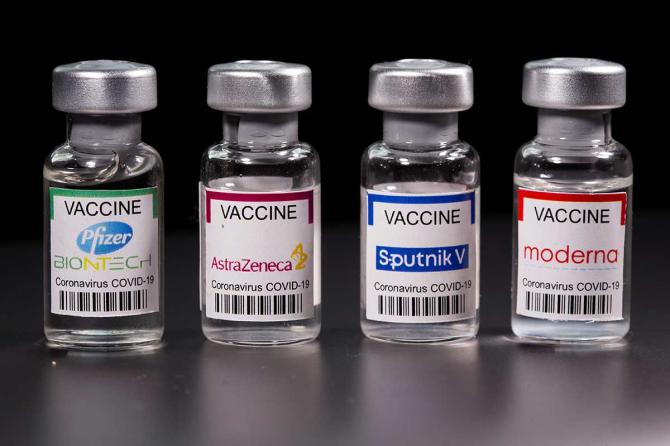
Dr Jameel said mRNA platform vaccines have an advantage here.
"It does not have a vector. Even whole inactivated vaccines don't use vectors," he said.
Dr John, however, said combination of vector-based vaccines as booster doses was possible.
"A Sputnik V receiver can get an AstraZeneca booster in the future or vice versa. This is called heterogeneous boosting," Dr John said.
Feature Presentation: Ashish Narsale/Rediff.com



